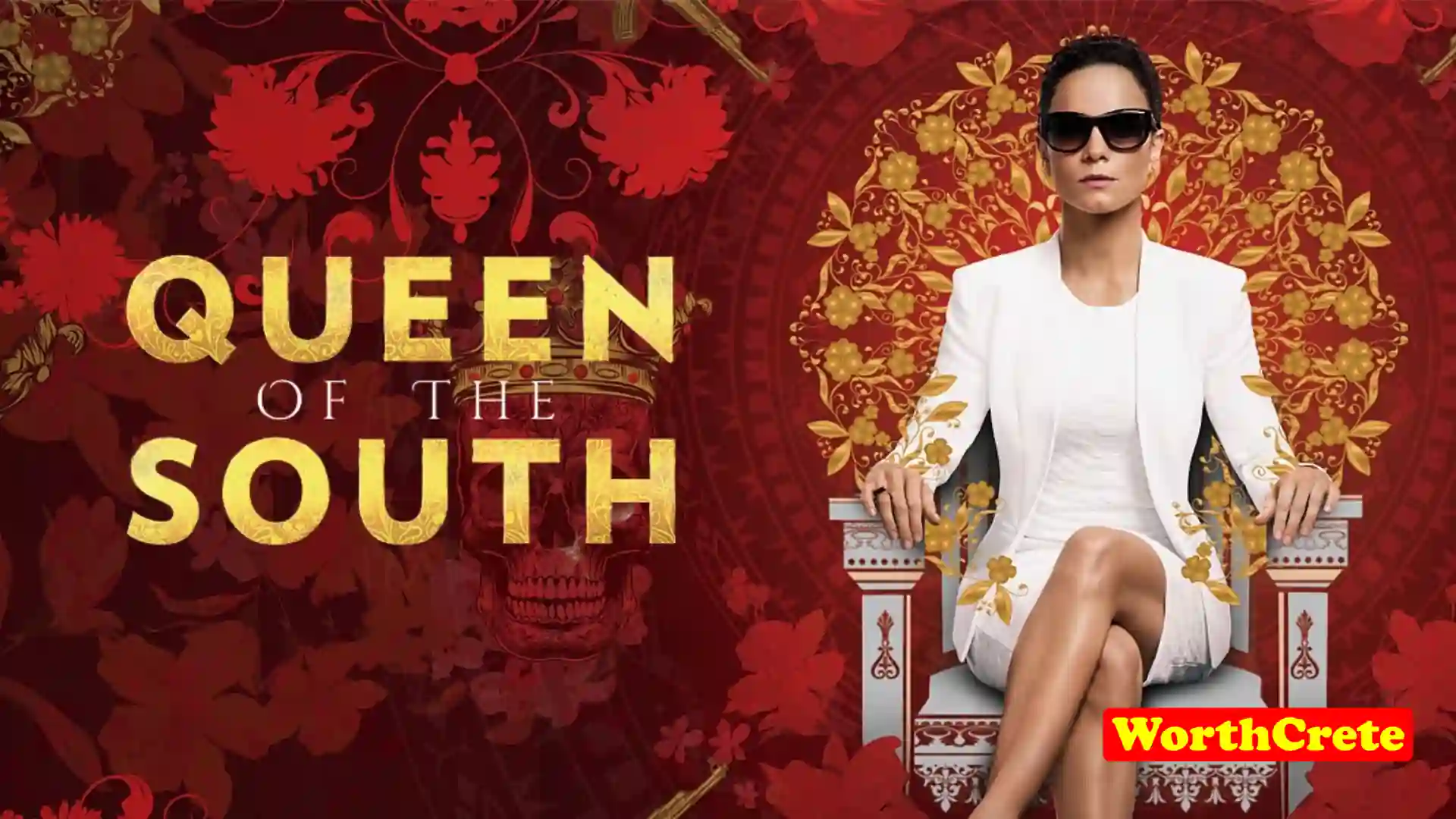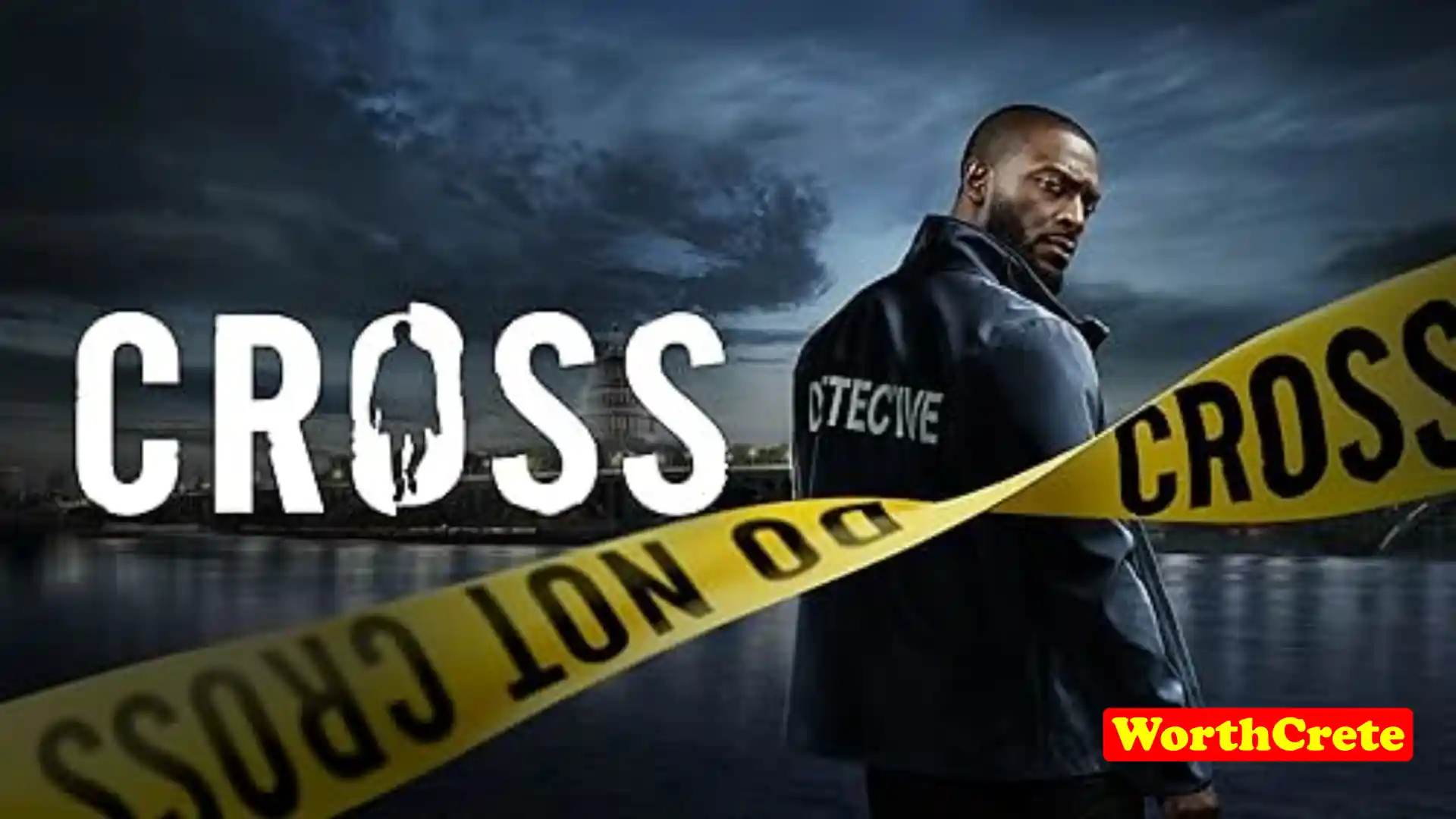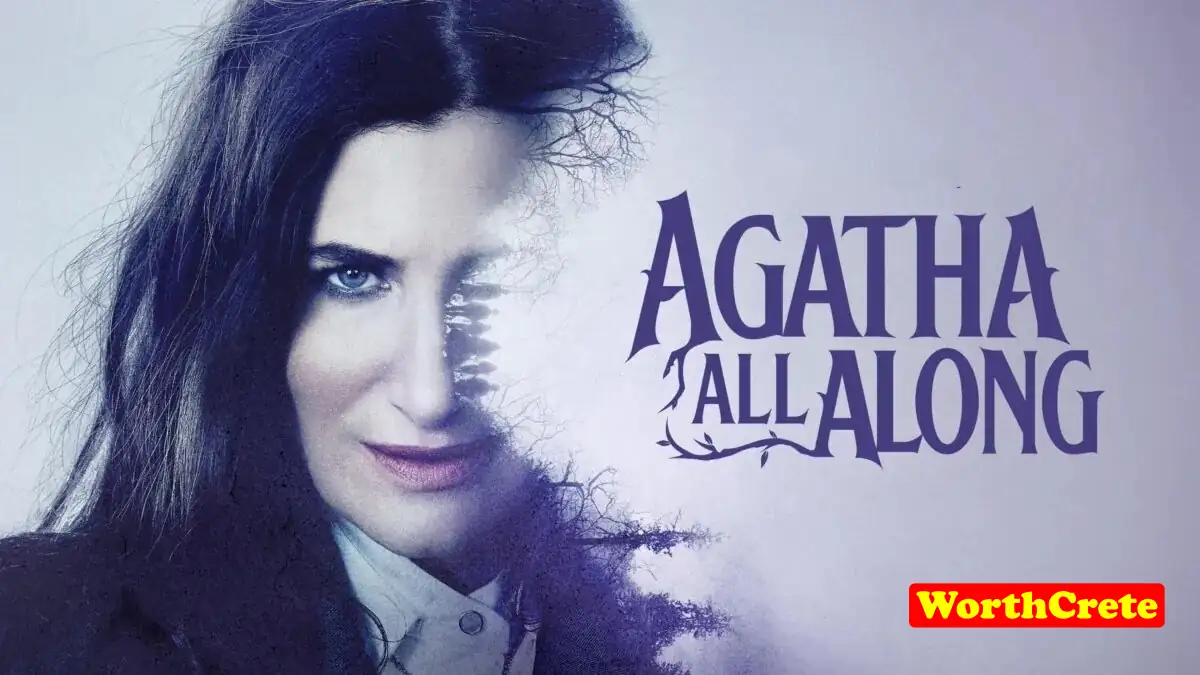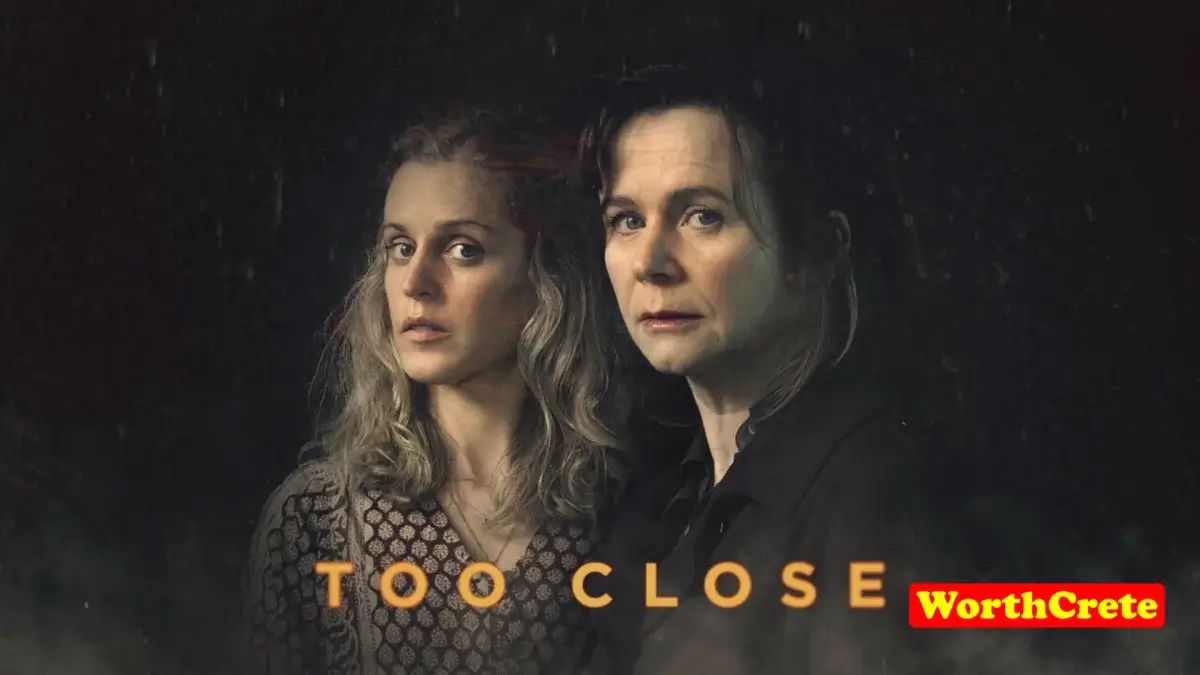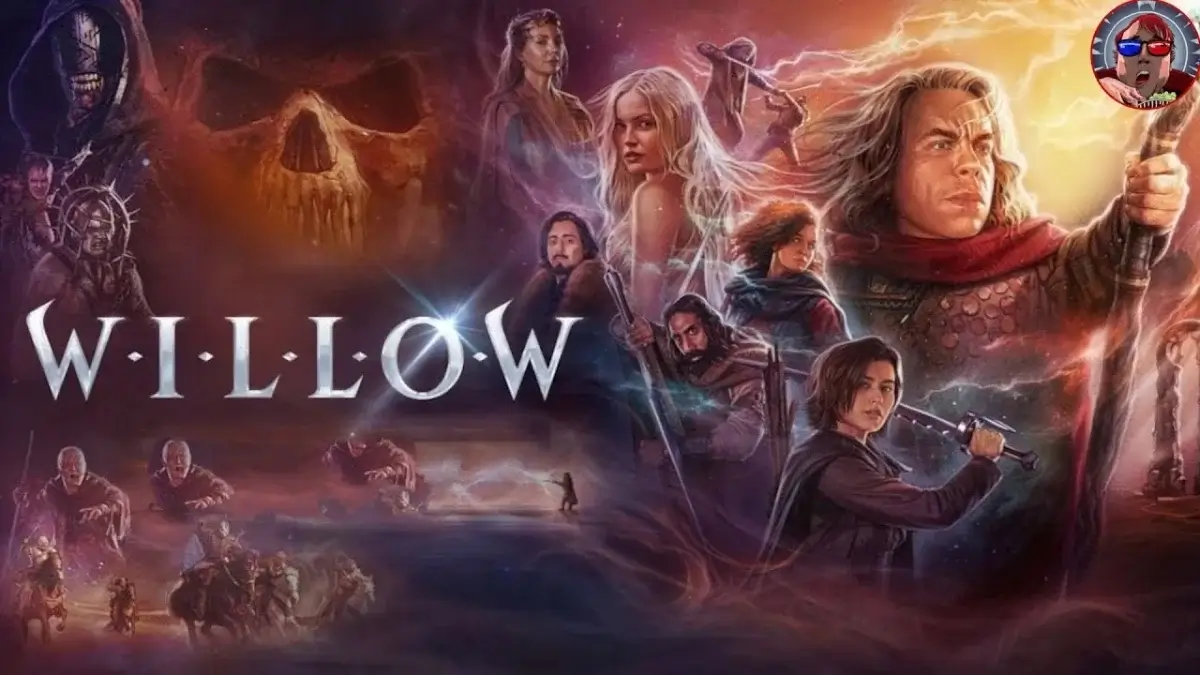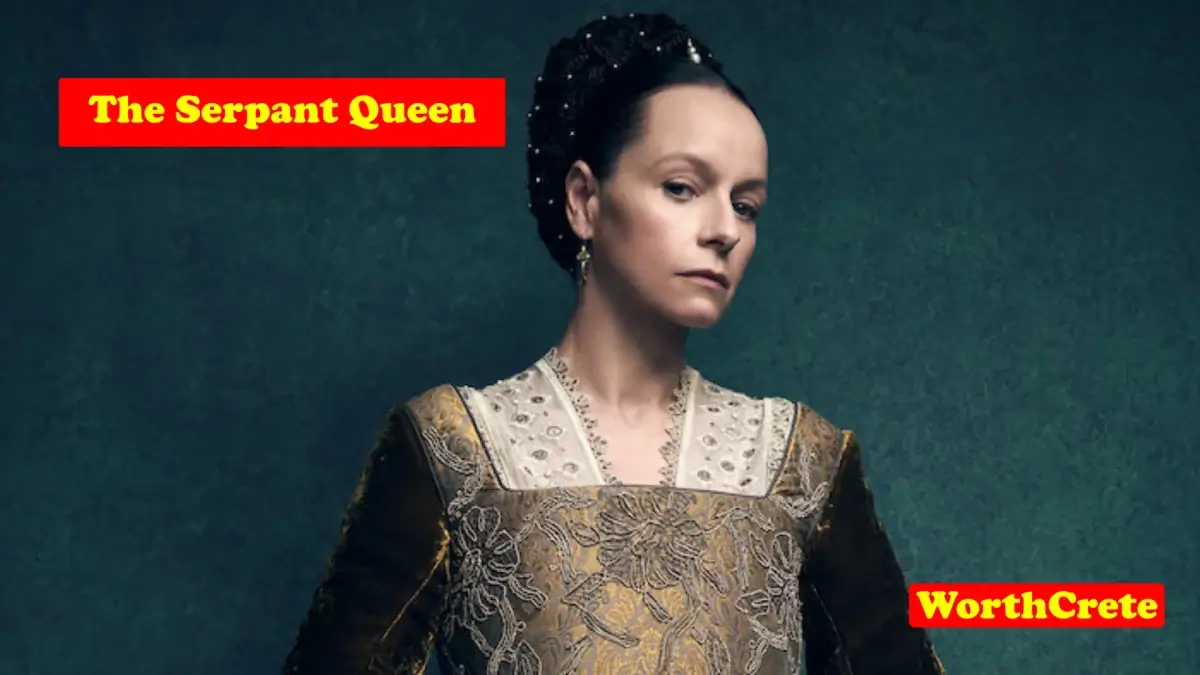“Spartacus” is a television series that originally aired from 2010 to 2013. Created by Steven S. DeKnight, the show is a historical drama that combines elements of action and adventure. The series is loosely based on the historical figure Spartacus, a gladiator who led a slave uprising against the Roman Republic in the 1st century BC.
The main character, Spartacus, is portrayed by actors Andy Whitfield (Season 1) and Liam McIntyre (Seasons 2-3). The storyline follows Spartacus from his time as a gladiator in the Roman ludus to his role as a leader in the slave revolt known as the Third Servile War.
“Spartacus” gained attention not only for its gripping narrative but also for its explicit violence, sexual content, and stylized visual effects. The series received both praise and criticism for its portrayal of historical events, with some deviations from actual historical accounts for dramatic effect.
Tragically, Andy Whitfield, who played the titular role in the first season, was diagnosed with cancer and passed away in 2011. Liam McIntyre took over the role in subsequent seasons.
Despite the challenges, “Spartacus” developed a dedicated fan base and is remembered for its intense storytelling, dynamic characters, and visceral action sequences. The series consists of four seasons: “Spartacus: Blood and Sand,” “Spartacus: Gods of the Arena,” “Spartacus: Vengeance,” and “Spartacus: War of the Damned.” Each season contributed to the overall narrative, exploring different aspects of Spartacus’s journey and the larger historical context.
Spartacus – Season 1 – Summary
“Spartacus: Blood and Sand” is the first season of the “Spartacus” TV series, originally aired in 2010. The season introduces us to the character of Spartacus, a Thracian warrior who is captured by the Romans and sold into slavery. The narrative unfolds as Spartacus transitions from a free man to a gladiator, facing the harsh and brutal training in the ludus (gladiatorial training school) under the command of the ruthless lanista, Batiatus, and his wife, Lucretia.
The primary arc of Season 1 revolves around Spartacus’ journey as he adapts to the brutal life of a gladiator and seeks vengeance against those who wronged him. As he endures the physical and psychological challenges of gladiatorial combat, Spartacus forms alliances with other slaves, including Crixus, a fellow gladiator, and Varro, his close friend. The relationships within the ludus are complex, marked by alliances, betrayals, and shifting loyalties.
The season also delves into the political and social dynamics of ancient Rome, showcasing the corruption, intrigue, and power struggles among the Roman elite. Batiatus, ambitious to improve his social standing, sees Spartacus as a means to achieve his goals and orchestrates schemes that entangle the gladiator in political machinations.
The turning point comes when Spartacus discovers that his wife, Sura, who was separated from him during their capture, is still alive. This revelation intensifies Spartacus’s desire for freedom and reunification with his beloved. As tensions rise within the ludus and Spartacus becomes a symbol of rebellion, the season builds towards a climactic slave uprising that sets the stage for the subsequent seasons.
“Spartacus: Blood and Sand” is known for its intense and stylized action sequences, complex characters, and exploration of themes such as power, loyalty, and the fight for freedom. The season sets the tone for the overarching narrative of the series, depicting Spartacus’s evolution from a slave to a legendary figure leading a revolt against the Roman Republic.
Spartacus – Season 1 – Trailer
Spartacus – Season 2 – Summary
“Spartacus: Vengeance” is the second season of the “Spartacus” TV series. It originally aired in 2012 and continues the story of the gladiator Spartacus and his quest for freedom against the Roman Republic. Here’s a summary of Season 2:
The season picks up where “Spartacus: Blood and Sand” left off, with Spartacus (now played by Liam McIntyre) leading a growing band of rebels who have escaped from the ludus. Spartacus is determined to wreak vengeance upon the Romans and free all slaves from oppression.
The primary antagonist in this season is the ambitious and ruthless Roman general Gaius Claudius Glaber (played by Craig Parker). Glaber is tasked with putting down the slave rebellion, and his actions are fueled by a personal vendetta against Spartacus. Spartacus, in turn, is motivated by a desire for justice and retribution for the injustices suffered by him and his fellow slaves.
As the rebels gain strength, they face internal challenges, including differing opinions on how to approach their rebellion and issues of trust. Spartacus, alongside his key allies, such as Crixus (Manu Bennett), Agron (Dan Feuerriegel), and Mira (Katrina Law), navigates the complexities of leadership and warfare.
The season also delves into the personal lives of some of the characters, exploring their relationships, struggles, and the sacrifices made in the pursuit of freedom. Spartacus, haunted by the memory of his wife, Sura, seeks to honor her by leading his people to victory.
“Spartacus: Vengeance” is marked by intense battles, political intrigue, and shifting alliances. The rebels engage in guerrilla warfare against the Romans, leading to epic confrontations and unexpected betrayals. The season builds towards a climactic showdown between Spartacus and Glaber, setting the stage for the subsequent seasons in the series.
Overall, “Spartacus: Vengeance” continues the themes of vengeance, sacrifice, and the fight for freedom that define the “Spartacus” series, while introducing new characters and challenges for the rebels as they strive to defy the mighty Roman Empire.
Spartacus – Season 2 – Trailer
Spartacus – Season 3 – Summary
“Spartacus: War of the Damned” is the third and final season of the “Spartacus” TV series, originally airing in 2013. Here is a summary of Season 3:
The season picks up after the events of “Spartacus: Vengeance” and follows the continuing struggle of Spartacus (Liam McIntyre) and his growing army of rebels against the might of Rome. Now a formidable force, Spartacus aims to bring an end to the tyranny of the Roman Republic and secure freedom for himself and his followers.
As the rebellion gains momentum, Spartacus faces formidable adversaries, including the Roman general Marcus Crassus (Simon Merrells), a wealthy and ambitious tactician determined to crush the slave uprising. Crassus is joined by his cunning and skilled son, Julius Caesar (Todd Lasance), adding a new dynamic to the conflict.
The season explores themes of leadership, sacrifice, and the consequences of war. Spartacus grapples with tough decisions as he navigates the complexities of leading a diverse and passionate group of rebels. The dynamics between Spartacus and his allies, including Agron (Dan Feuerriegel), Crixus (Manu Bennett), and Gannicus (Dustin Clare), are central to the narrative.
The conflict intensifies, leading to epic battles and strategic maneuvers on both sides. Spartacus faces moral dilemmas, and alliances are tested as the war reaches its climax. The season builds toward a dramatic conclusion that brings closure to the overarching storyline of Spartacus’s rebellion against Rome.
“Spartacus: War of the Damned” maintains the series’ signature elements, including intense action sequences, political intrigue, and character development. The season serves as a fitting conclusion to the “Spartacus” saga, wrapping up the story of the gladiator who defied the Roman Republic in a grand and impactful manner.




















